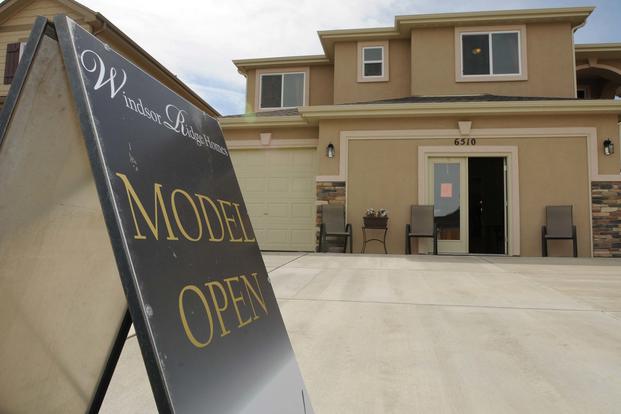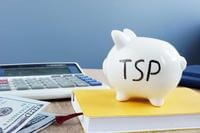Your choice of housing plays a significant role in your life and represents a major financial commitment. Understanding your rights as a consumer and a tenant will help you make informed decisions in selecting the right rental property for you. Keep these important tips in mind and don't be afraid to exercise your rights as a tenant.
Consider the Following Before Renting:
Don't pay for an "apartment finder" service if the listings provided are simply vacancies taken from newspaper classifieds.
Look the properties over carefully and be sure to ask questions about any apartment or house you are considering renting. Consider the following:
Does the rent cover all utilities, or will you be responsible for paying for them yourself? If you will be paying for heat, water, or other utilities ask whether the landlord can provide an estimated monthly or annual cost for the rental property.
What kind of security does the building have? Are the doors, windows and entrances secured? Are the stairs safe and well lighted? Are the fire escapes easily accessible?
What sort of commute will you have to school or work and what is nearby in terms of restaurants, shopping, entertainment and other places you frequently visit? Also, what are the neighbors like (students, families, retirees) and is this the right setting for you?
Who is responsible for the upkeep and maintenance of common areas (stairwells, hallways, etc.) and appliances, furnace filters and other items within the property which may need to be serviced?
Is the landlord or property management readily available during nights and weekends and what are the procedures for emergency services, repairs or lock-outs?
What kind of parking is available? Is there an extra charge for a parking spot?
Are storms windows, screens and shades provided?
The Rental Application
Your new landlord may ask you to provide credit references and a list of past landlords, addresses and your employment history, including salary.
An application fee may be charged and may be nonrefundable if you are not approved. At the landlord's discretion, the application fee may be applied to your first month's rent or security deposit, but it is not required by law.
The Lease
A lease is a contract which legally binds both parties to terms for a specified period of time. Breach of this contract by either party can result in serious legal and financial consequences. Be sure to carefully read over the lease or rental agreement and any list of rules that the landlord will expect you to follow.
Make Sure Your Lease Contains:
- The specific address, including apartment number of the property.
- The length of the lease.
- An explanation of the rent payment procedure, including late penalties and rent increases.
- Which utilities you are responsible for paying.
- Termination or renewal terms.
- The amount of any security deposit.
Also:
- Don't let anyone rush you into signing an agreement before you understand what it says and do not sign a lease until all blanks are filled in. Be sure to keep a copy of the lease for yourself. Make a second copy and keep it in a safety deposit box or with a friend or family member for safekeeping.
- Watch out for clauses which provide for the automatic renewal for another full term equal to the original term. To avoid automatic renewal, make sure you give notice of your intention to vacate prior to expiration of the lease and in accordance with the lease's terms.
- Remember that if you are sharing the property you may be responsible for nonpayment, damages or breaches caused by any roommate or co-signer.
- Inspect the premises prior to signing. If the property is furnished, check for any defects in the furniture. Make a check list of any damages to the property or its contents along with maintenance responsibilities and get the landlord's signature on the list along with any changes or repairs. Make sure you keep a signed and dated copy.




